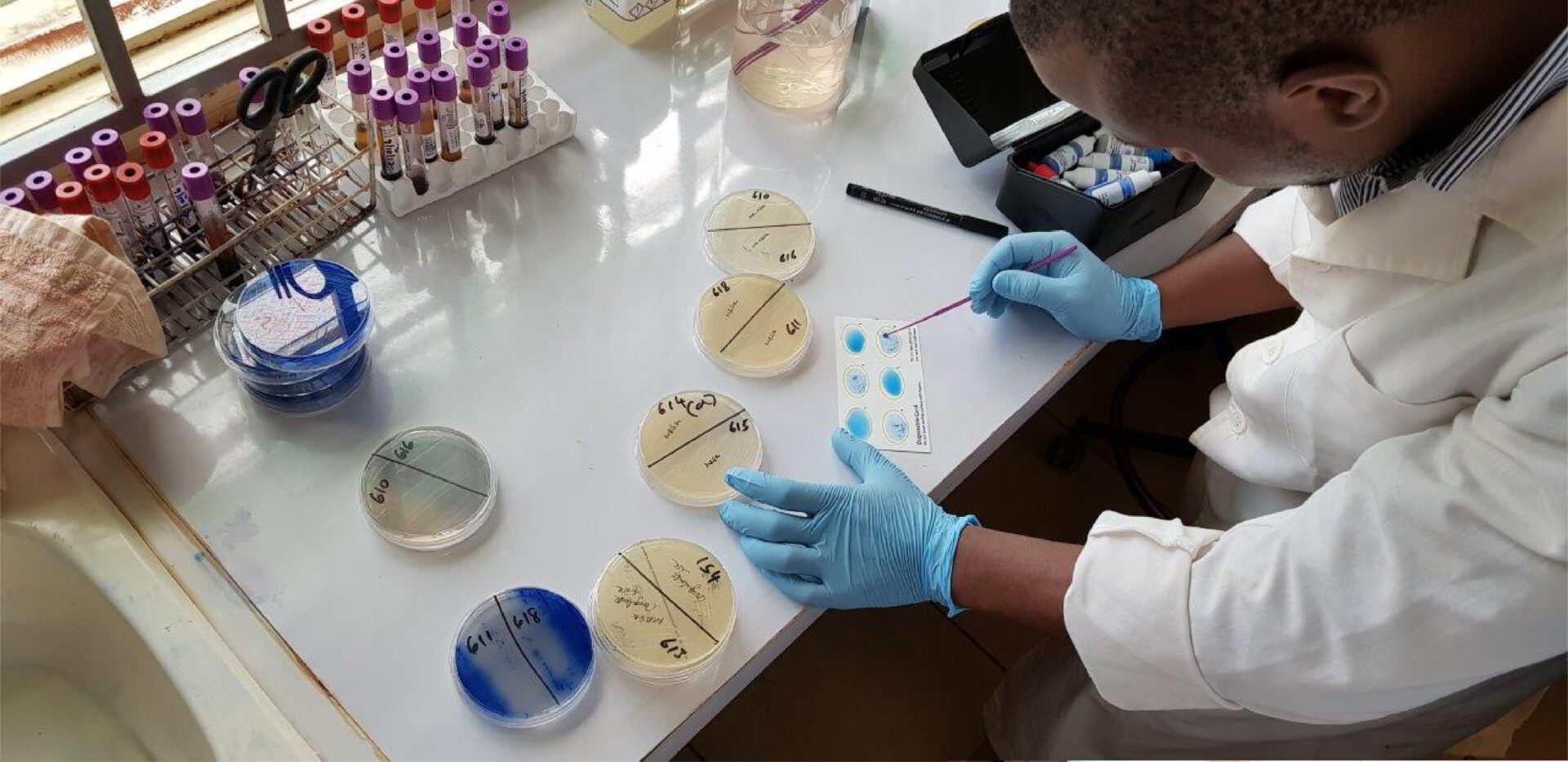Pets are family, and supporting their wellness is a responsibility. Veterinary diagnostic services are key components in guiding treatment plans for household animals.
This article, we’ll examine the value of lab tests for animals and explain the testing process.
What Are Veterinary Labs?
Veterinary laboratories offer diagnostic solutions for analyzing health markers. They help veterinarians to monitor ongoing conditions.

How tests are conducted usually includes:
- Sample collection: Tissue or fluid samples are collected at clinics.
- Testing procedures: Specialized tools and methods conduct the tests.
- Analyzing findings: Vets review the reports for proactive solutions.
Common Veterinary Tests for Dogs and Cats
Veterinary labs offer many tests to prevent serious conditions. Key lab services include:
- Blood analysis: Provide an overall health picture.
- Bladder and kidney checks: Check for diabetes.
- Stool testing: Ensure proper nutrient absorption.
- Dermatological diagnostics: Improve coat health.
- Imaging diagnostics: Evaluate bone and joint health.
How Testing Supports Pet Health
Ongoing evaluations improves pet care. Through these tests, your pets stay healthier longer.

Additional benefits include:
- Longer, healthier lives: Chronic issues are managed.
- Saving on future treatments: Prevention saves money in the long run.
- Assurance about pet health: Manage concerns proactively.
laboratorio de analises clinicas para animais
genoma laboratório veterinário
Why Testing Matters for Dogs and Cats
Pet health labs are vital for protecting the health of dogs and cats. By using these valuable resources, you catch issues early.
Start their journey to better health today and help them live their best lives!